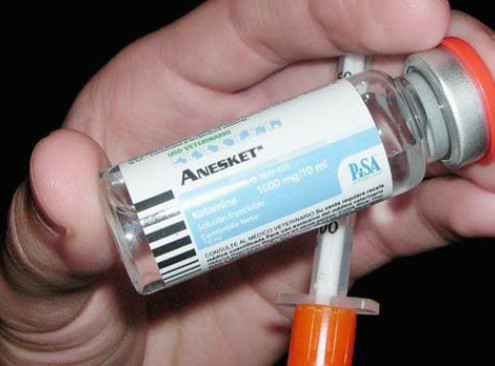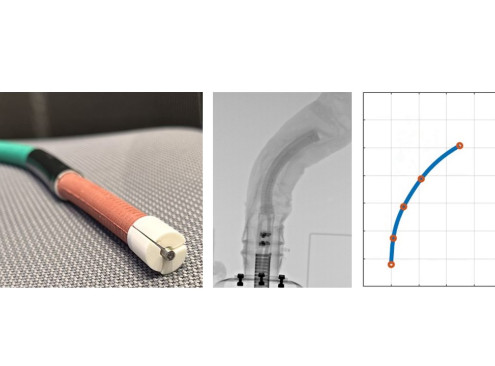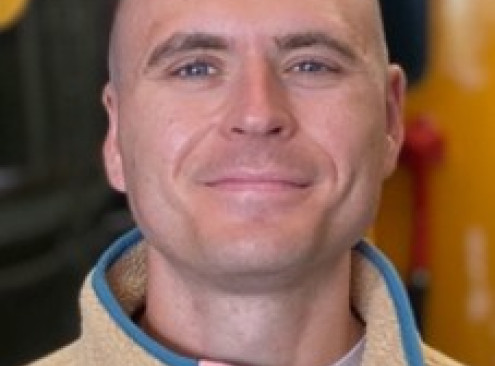© Pint of Science, 2025. All rights reserved.
Tonight's event promises to excite! Join our speakers to debate whether illicit drug use should be viewed as a global threat and discuss why soft robots are the future of surgery before exploring why player welfare should be at the forefront of sport and finally discover why physical activity boosts our immunity.
Should illicit drug use be viewed as a global threat, similar to climate change?
Ian Hamilton
(Honorary Fellow at the University of York)
It has taken decades for most people to accept that human activity is responsible for the change in our climate. Ian will argue that the impact of the production, supply and use of drugs pose the same threat to humanity that climate change and global warming does. This ranges from the way organised crime destabilizes society through to the opportunity cost of using scarce arable land for the production of drugs rather than food.

© Ian H
From Tentacles to Tools: Soft Robotics in the Operating Room
James Avery
(Lecturer in Robotics and Embedded Systems, University of Leeds)
One of the key challenges in surgery is minimizing damage to healthy tissue, especially when the target area lies deep within the body and vital organs stand in the way of the surgeon’s tools. There's a growing need to reduce harm caused by surgical procedures while still allowing effective treatment. One exciting vision for the future of surgery involves replacing rigid instruments with robotic tools made from soft materials: an emerging field known as soft robotics. Inspired by flexible structures like octopus tentacles or elephant trunks, these soft robots can navigate winding paths inside the body, reducing damage to tissue and lowering the risk of injury to patients. Unfortunately, while these robots may be soft, controlling them is incredibly hard! This talk will explore how tackling these challenges could unlock a new generation of surgical tools, making procedures safer, smarter, and far less invasive.

© James A
Cycling, cytokines and the cutting edge
John O'Rourke
(NIHR Academic Clinical Fellow in Anaesthesia, York and Scarborough Teaching Hospitals NHS Foundation Trust)
Exercise and surgery stress the immune system, can one predict our response to the other? Regular exercise doesn’t just improve your quality of life, it can also enhance your recovery after surgery. We know that people with better cardiovascular fitness have fewer complications after big operations, and we even use cycling-based fitness tests to help predict someone’s surgical risk. But how does this work? What is going on under the surface? This talk will explore how the stress of exercise and the stress of surgery can trigger similar immune responses, such as inflammation, and how this link could help us understand and predict outcomes after major surgery.

© John O'R
Tackling Player Welfare in Sport
Graeme Law
(Associate Professor & Associate Head of School: Sport)
Elite and semi-elite sports players must cope with more than just the physical demands of their chosen sport. There is a growing awareness that sports people must be guided and supported throughout their careers - particularly within football. From a football academy perspective, this talk will examine the concept of player identity and explore issues such as gambling and monetisation, before discussing FA attempts to support the mental health and overall welfare of players.

© Jamie S
Map data © OpenStreetMap contributors.

